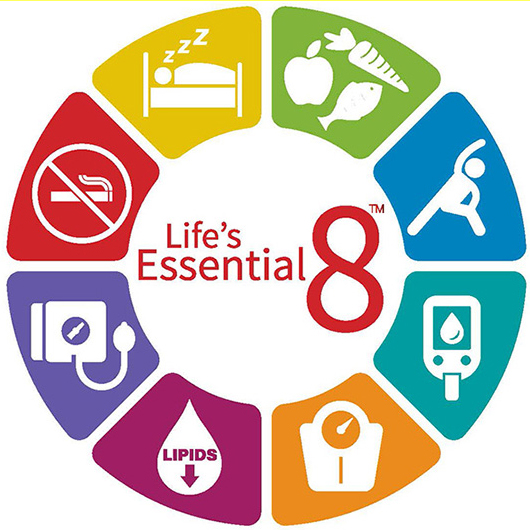Outlook reminded me yesterday that it was the 17th anniversary of my heart attack. I continue my annual tradition of acknowledging this not-so-happy anniversary. Time passes fast but the memories of that day and the days following remain vivid in my memory. I use this platform to talk about heart health and raise awareness of the importance of loving your heart.
My Story
If you are new here, here is the Cliff Notes version of my story. I left work that morning thinking I had the flu. I was not experiencing the traditional heart attack symptoms of pain in my left chest and arm. I ended up at the ER and was immediately treated for a possible heart attack. The tests confirmed I most likely suffered a minor heart attack. A heart catheterization uncovered four blockages that required an open-heart triple coronary bypass.
I was not responding well after the surgery. I was stabilized after a second surgery that left my sternum exposed. I was placed in a drug-induced coma until a third surgery closed the sternum two days later. I woke 9 days after the initial surgery and left the hospital after a sixteen-day stay. Many details have been omitted to keep this from being a novel.
I learned a lot about heart health and heart attacks in the days and months following. I began a journey of change. It took me many years to make significant changes. I admit that I have succeeded in many and failed in others. I continue this battle to change my life to avoid repeating this episode in my life. I am in a far better place in 2022 than I was in 2005 but the battle continues.
Heart Attack Statistics
Some telling heart attack facts from the American Heart Association that may surprise you.
- Coronary heart disease is the #1 cause of death in the US.
- Coronary heart disease accounts for approximately 13% of deaths in the US.
- The average age at the first heart attack is 65 for males and 72 for females.
- Approximately every 39 seconds, an American will have a heart attack.
- One in five people who have had a heart attack will be readmitted to the hospital for a second one within five years.
Heart Attack Risk Factors
The Centers for Disease Control and Prevention has an excellent overview of heart attack risk factors under your control and others that are not.
- Age and family history of coronary heart disease are risk factors beyond your control.
- High blood pressure, high blood cholesterol, and smoking are the three key risk factors that are under your control.
- Half of all Americans have at least one of these three key risk factors.
- You can take steps to lower your risk by addressing the factors you can control.
American Heart Association’s Life’s Essential 8
The American Heart Association developed a prescription for improving cardiac health. Life’s Essential 8 outlines a path to improved heart health based on the eight most important predictors of heart health. It addresses the five modifiable behaviors of not smoking, healthy weight, eating healthy, sleeping healthy, and being physically active, as well as the management of the three biometric measures of blood pressure, cholesterol, and blood sugar to mitigate the risk of cardiac episodes. Learn more about Life’s Essential 8 here.
- Stop Smoking! Quitting is the best thing a smoker can do for their health.
- Eat Better! A heart-healthy diet improves your chances of feeling good and staying healthy.
- Get Active! Try to be physically active every day to increase your length and quality of life.
- Get Healthy Sleep! Adequate sleep promotes healing, improves brain function, and reduces the risk of chronic diseases.
- Lose Weight! Shedding extra fat and unnecessary pounds reduces the burden on your heart, lungs, blood vessels, and skeleton.
- Manage Blood Pressure! Keep your blood pressure within healthy ranges to reduce the strain on your heart, arteries, and kidneys which keeps you healthier for longer.
- Control Cholesterol! By controlling your cholesterol, you are giving your arteries their best chance to remain clear of blockages.
- Reduce Blood Sugar! Elevated levels of blood sugar can damage your heart, kidneys, eyes, and nerves.
In Summary
The pain of a heart attack sucks. Recovering from a heart attack is no picnic. Technology and advances in coronary heart surgery have made the surgery less invasive and recovery faster. That is good news to improve the odds of surviving a heart attack. The more significant issue here is the prevention of a heart attack. Take Life’s Essential 8 to heart. Make every effort to address these risk factors. Addressing them requires a good bit of lifestyle changes. Changing your lifestyle is hard, at times seemingly impossible. It is a struggle for me every day. Persevere and make small changes that add up to big changes.
Live life to the fullest! A healthy heart gives you that life to live fully.
Tom Bilcze


